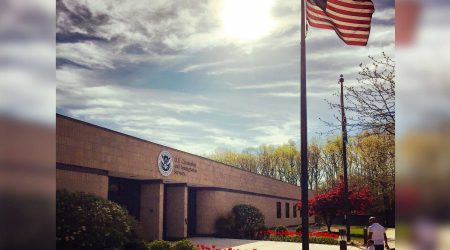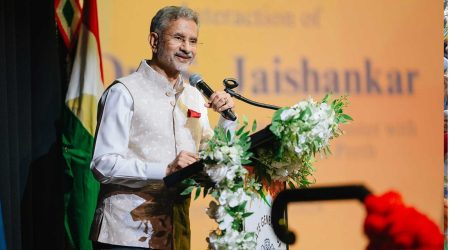Known for his uncanny skill to strike unlikely political alliances and win over his rivals through a policy of reconciliation’, Asif Ali Zardari emerged from the shadow of his late spouse Benazir Bhutto to become one of Pakistan’s most resilient political figures.
Zardari, 68, was elected president of the country on Saturday for the second time, a record for any civilian, after serving in the same position from 2008 to 2013.
Born in 1955 in Karachi to Hakim Ali Zardari, a Sindhi landlord, businessman, and politician, the young Zardari came to prominence in 1987 after his marriage with Benazir Bhutto, the daughter of former president Zulfiqar Ali Bhutto, who was hanged in 1979 during the reign of military ruler Ziaul Haq for his alleged involvement in a murder.
Zardari had been working under the grand shadow of his towering spouse, Benazir until her assassination in a terrorist attack in 2007.
Following the murder of Benazir, the PPP got a sympathy vote and came to power in 2008, with Zardari elected as the president.
During his first term, Zardari used his presidential powers to send a constitutional reference to the Supreme Court in 2011 to answer questions about the hanging of Bhutto.
In a coincidence, the apex court, after sitting over the case for years, finally issued its opinion on March 6 this year, just days before his election for the second time, ruling that Bhutto was not given a fair trial, a great victory for Zardari and his supporters.
His main contribution had been willingly relinquishing all presidential powers, which his predecessor General Pervez Musharraf had usurped by making changes to the Constitution.
As he starts his second term in office, the country faces a battered economic and political system with a greater need for reconciliation than any time before, and Zardari’s innate ability to bring people with clashing ideas to the table would be put to the test.












